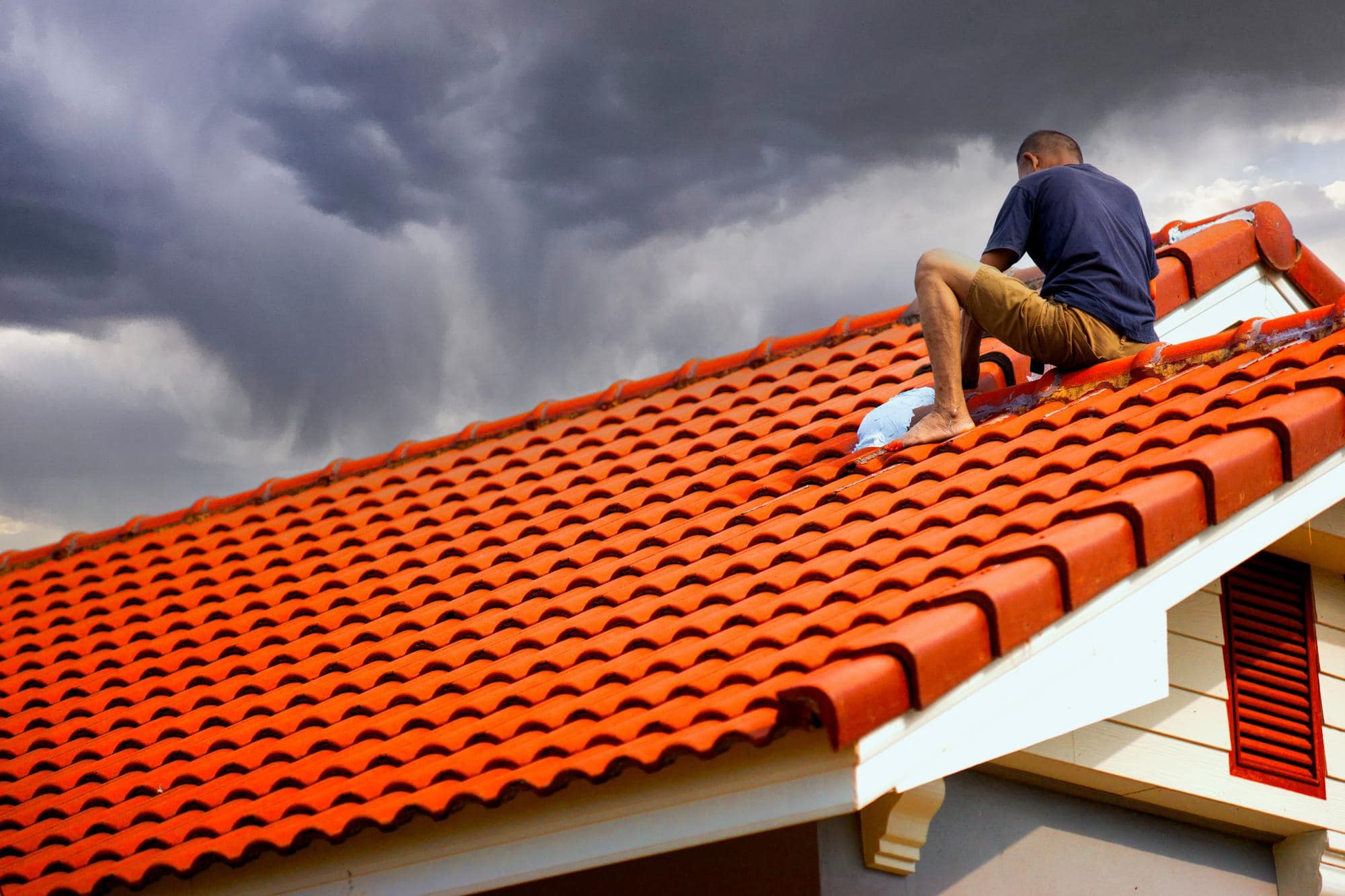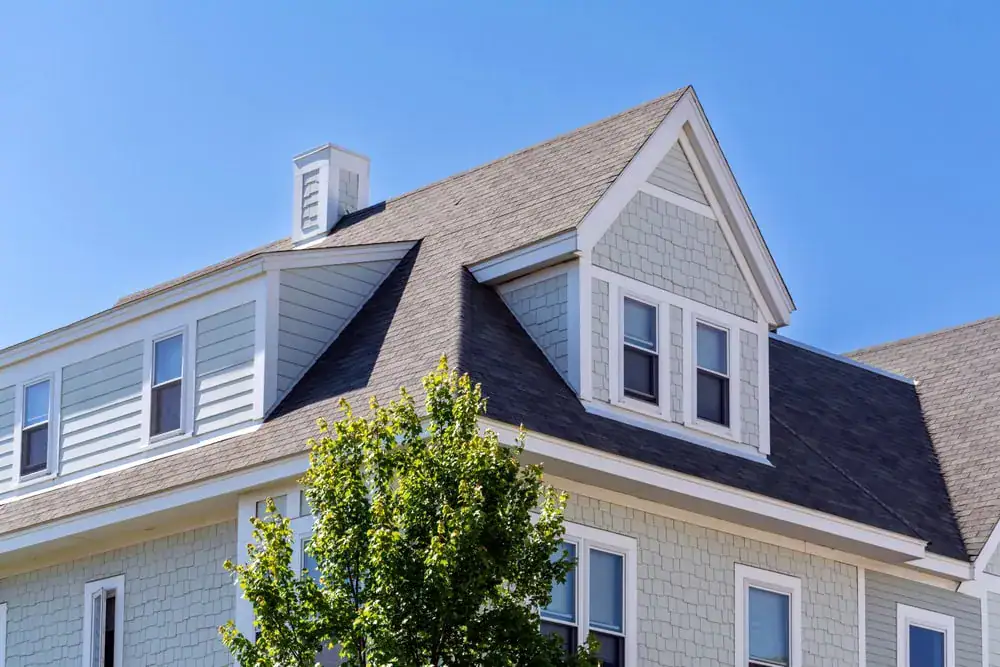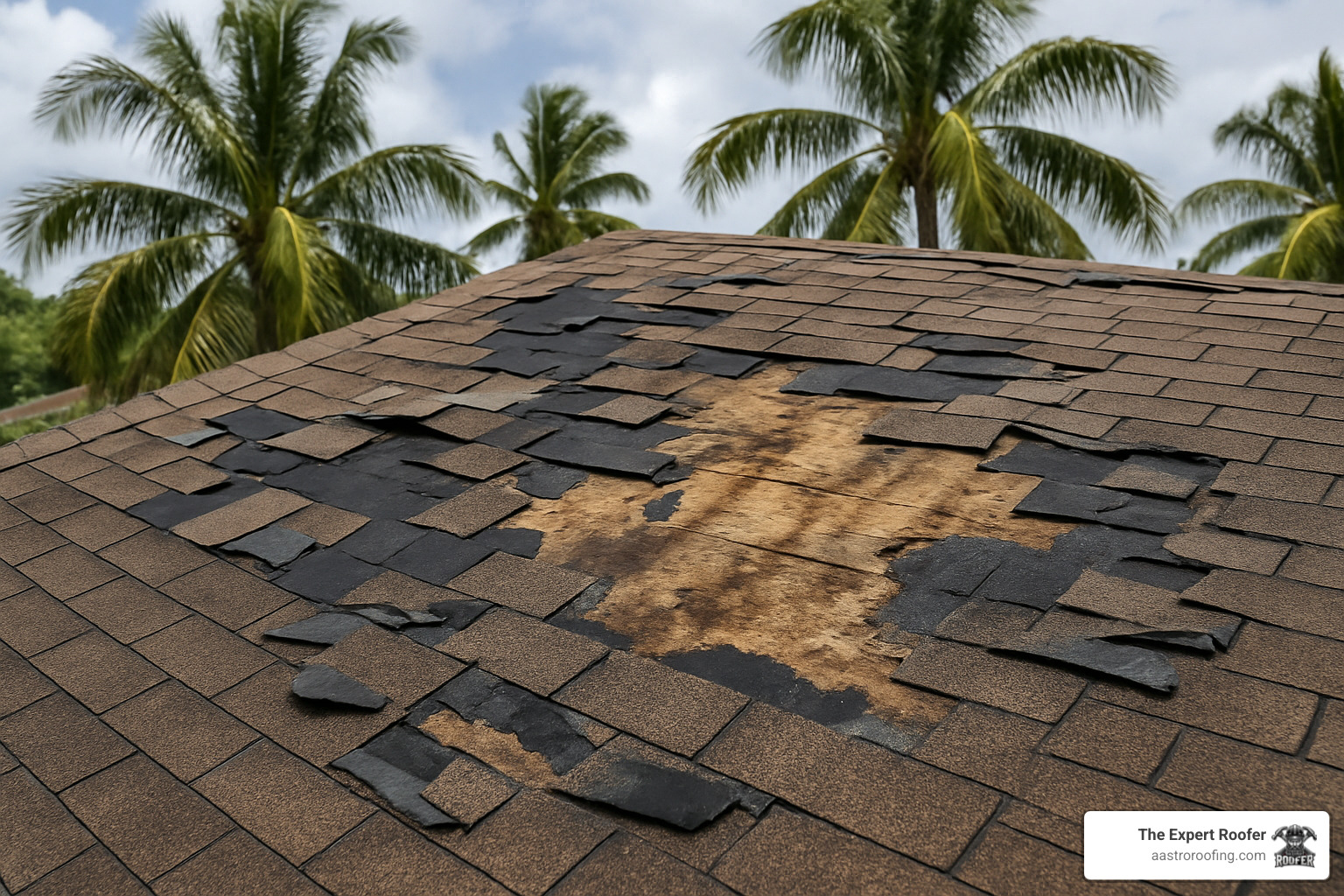Summary:
How Often Should You Get Your Roof Inspected?
Most roofing professionals recommend annual inspections for Florida homes. But that’s just the baseline. Your roof’s age, material, and recent weather exposure all factor into the ideal inspection schedule.
Newer roofs under five years old can often go 12-18 months between professional inspections, assuming no major storms. Older roofs, especially those over 15 years, benefit from inspections every 6-12 months. The investment in more frequent inspections pays off when you consider that catching a small leak early might cost a few hundred dollars to fix, while waiting could mean thousands in water damage repairs.
When Florida Weather Demands Emergency Roof Inspections
Hurricane season changes everything. After any major storm with winds over 60 mph, you need a professional roof inspection regardless of when your last one was scheduled. Even if you don’t see obvious damage from the ground, high winds can loosen shingles, compromise flashing, or create small openings that turn into big problems during the next heavy rain.
Hail damage is another immediate trigger for inspection. Florida’s summer thunderstorms can produce hail that cracks or dents roofing materials without creating obvious holes. These micro-damages allow water penetration that shows up weeks or months later as interior water stains or mold growth.
Don’t wait if you notice granules in your gutters after a storm, missing or loose shingles, or any interior water spots. These are signs that storm damage has already occurred, and delaying an inspection usually means the damage gets worse. Insurance companies also prefer prompt post-storm inspections – waiting too long can complicate claims if you need to file for storm damage.
Emergency roof repair situations require immediate attention. If you’re dealing with active leaks, missing shingles, or visible structural damage, don’t wait for your next scheduled inspection. Water damage accelerates quickly in Florida’s humid climate, and what starts as a small leak can become a major mold remediation project within days.
Different Roof Types Need Different Inspection Schedules
Flat roof repair needs differ significantly from traditional pitched roofs. Commercial flat roof repair typically requires more frequent inspections – every 6 months – because flat roofs don’t shed water as effectively a
nd are more prone to ponding and membrane issues.
Tile roofs, common in Florida, can go longer between inspections if they’re properly maintained, but they need specialized attention for cracked or shifted tiles. Metal roofs are generally more durable but require inspection of fasteners and sealants that can deteriorate in Florida’s UV-intense environment.
Residential roof repair frequency also depends on your roof’s complexity. Roofs with multiple levels, skylights, chimneys, or complex flashing systems need more frequent professional attention. These architectural features create more potential failure points where water can penetrate.
Age matters more than most homeowners realize. Roofs over 20 years old in Florida should be inspected every 6 months, especially if you’re planning to sell your home or if your insurance company requires documentation of roof condition. Many insurers now require roof inspections for homes with roofs over 15 years old, and some won’t renew policies without proof of recent professional assessment.
The material quality also impacts inspection frequency. Premium roofing materials with strong warranties might maintain their integrity longer, but they still need regular professional evaluation to ensure warranty coverage remains valid. Many manufacturer warranties actually require documented regular inspections to remain in effect.
What Professional Roof Inspections Actually Cover
A thorough professional inspection goes far beyond what you can see from the ground. Qualified inspectors examine structural integrity, check flashing around penetrations, assess ventilation systems, and identify potential problems before they become expensive repairs.
Professional inspectors use specialized equipment and training to spot issues that aren’t visible to untrained eyes. They know what to look for in Florida’s specific climate conditions and can differentiate between normal wear and damage that needs immediate attention.
Why DIY Roof Inspections Aren't Enough
Walking around your property and looking up at your roof is smart, but it’s not a substitute for professional inspection. Most roof problems start in areas you can’t see from the ground – around chimneys, under flashing, or on the back side of your roof.
Professional inspectors have the training to safely access your roof and the experience to recognize early warning signs. They understand how different roofing materials fail and know what to look for based on your roof’s age and construction. A professional can spot a small crack in flashing that might not leak today but will definitely cause problems during the next heavy rain.
Insurance considerations make professional inspections even more valuable. If you file a claim for roof damage, having documented professional inspections showing your roof was properly maintained strengthens your position with the insurance company. Some insurers offer discounts for homes with regular professional roof maintenance.
The safety factor alone makes professional inspection worthwhile. Roofs are dangerous, especially when wet or damaged. Professional roofers have the proper equipment and training to safely assess your roof without risking injury. They also carry insurance that protects you if something goes wrong during the inspection.
Professional inspections also provide documentation that’s valuable if you’re selling your home. Buyers and their inspectors look more favorably on homes with documented roof maintenance history. It shows you’ve been proactive about protecting one of the home’s most important systems.
Getting the Most Value from Professional Roof Inspections
The best roof inspections provide detailed reports with photos and specific recommendations. You want an inspector who explains what they found, why it matters, and what your options are for addressing any issues. Avoid inspectors who only point out problems without explaining the urgency or cost implications.
Ask for a written report that you can keep for your records. This documentation helps track your roof’s condition over time and provides valuable information for insurance purposes. Good inspectors will also explain what you can do between professional inspections to maintain your roof’s condition.
Timing your inspections strategically saves money and prevents problems. Schedule routine inspections during dry seasons when any necessary repairs can be completed before storm season arrives. Many roofing contractors offer better pricing for non-emergency work completed during their slower periods.
Consider the inspector’s qualifications and local experience. Florida’s roofing challenges are unique, and you want someone who understands how roofs perform in this climate. Look for inspectors with manufacturer certifications and local references. Companies with long-term local presence understand how roofs age in Florida’s specific environmental conditions.
The cost of professional roof inspection is minimal compared to the potential cost of major repairs or premature roof replacement. Most inspections cost a few hundred dollars, while emergency roof repair can easily run into thousands. Regular inspections help you budget for maintenance and avoid surprise expenses that come with neglected roof problems.
Protecting Your Investment with Regular Roof Inspections
Your roof is one of your property’s most important protective systems, and Florida’s climate demands regular professional attention. Annual inspections work for most homes, but older roofs, complex designs, and post-storm situations may require more frequent professional assessment.
The key is finding a balance between staying proactive and not over-maintaining. Professional inspections help you make informed decisions about repairs, maintenance, and eventual replacement. They also provide peace of mind knowing that your roof is ready for whatever Florida weather brings next.
If you’re due for a professional roof inspection or dealing with signs of roof problems, we at Aastro Roofing Company provide thorough inspections and honest assessments throughout Broward and Palm Beach Counties. Our four generations of roofing experience and commitment to unbiased recommendations help you make the best decisions for your specific situation.




